The most recent game I played was Home, from Benjamin Rivers.
To put it simply, it is a choose-your-own-adventure game. The problem is that I only realized that when I finished the game.
The game’s premise is, in principle, attractive: it is a (supposedly) horror story, better than or equal to Lone Survivor, intriguing! I was really interested in the title, mainly because I enjoyed Lone Survivor quite a bit. Maybe my expectation were too high: as I read an article comparing Home to a survival psychological game, I was hoping for another similar horror survival psychological game.
You start as men who wakes up in a house without knowing what he is doing there. He doesn’t know that place, he doesn’t remember how he got there, he has no clues of what could have happened to him. And the situation does not look good, because as you start exploring the house and trying to find a way home, you come across dead bodies, strange noises, fouls smells and all kinds of things that suggest that a mass murder just happened in that neighborhood.
The main quest of the game is going back home, finding Rachel – the protagonist’s wife -, and at least understanding the murder cases. As you proceed through out of the house, the sewer managing plant, the water tower, the wood and the abandoned factory, you will find many pieces of information that somehow match: an old photo of a couple, and then dead bodies that resemble them; a videotape with a sewer employee being stabbed, then his dead body and the murder knife. There are also items scattered through the scenes that belonged to the protagonist: his and his wife’s clothes, wallet, watch, driver’s license and credit card. The mystery is intensified when you find sheets of paper or notebooks with a list of people’s names, and some of them are crossed out. To sum it up, Home is an horror adventure whose narrative develops its conflicts in three main pillars: why is he away from home, where is Rachel and what the hell in happening?
However, by the end of the game, there is no clear solution or explanation to any of those conflicts. As for my first try, I ended up with a “I have a lot of clues, but no answer” kind of ending, in which the protagonist discover’s that Rachel is dead but doesn’t know who did it. This ending is so vague that he pondered he might be the killer, as well as his friend, at the same time he ignored the other series of murders and his amnesia. The fact that he woke up in a distant house, and that he found bones, blood and torture tools there didn’t matter so much.
Disappointed, to say the least, I went to this website and I found that there were the most different accounts of the story’s resolution. It seemed to be a different ending for each player, one more interesting than another, because all of them brought different theories about the game. None of them, however, present a more or less definite conclusion. And I think this is the point of Home: it is an choose-your-own-adventure type of game, no doubt about it. It is unique because it brings the horror thematic, and I haven’t seen many choose-your-own-adventure with this setting.
The problem is: I wasn’t expecting that. I was hoping for a digression type of ending, or an Amnesia (the movie, not the game) kind of resolution because of my previous expectations as a psychological horror survival (then again, the comparison was influencing me).
Now, I think this might have happened because my gameplay was all over the place. I am the completionist type, and every time I had the chance to open something, or collect an item, I’d do it without hesitation (the more info, the better). My strategy, however, definitely backfired, as my ending was all over the place. The typical ending when the author of a soap opera has put too much plot in everything and, at the end, does not know what to do with it. The solution: a superficial explanation for everything and a happy ending.
Overall, Home is a nice and short gaming experience, it is definitely replayable, but not my kind of thing.
More info: http://homehorror.com/

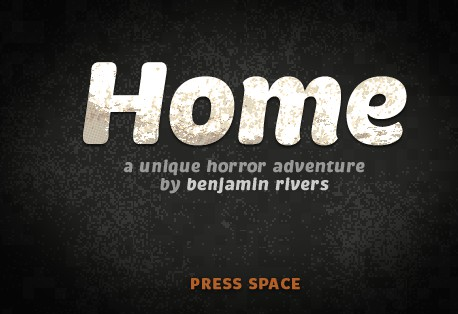
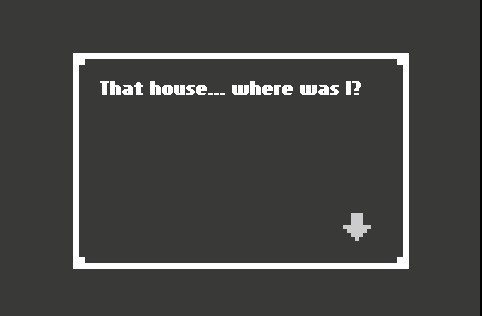
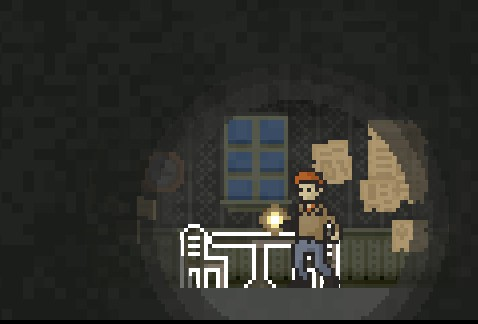
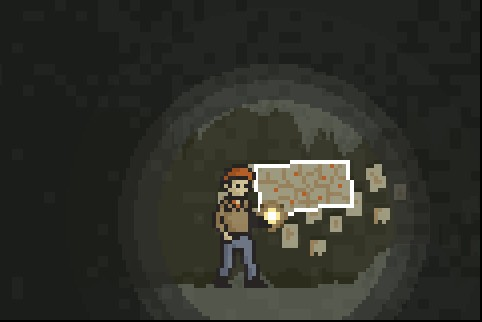
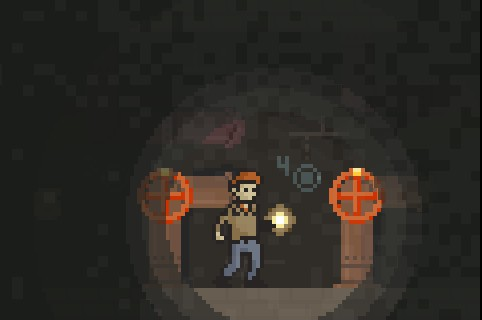
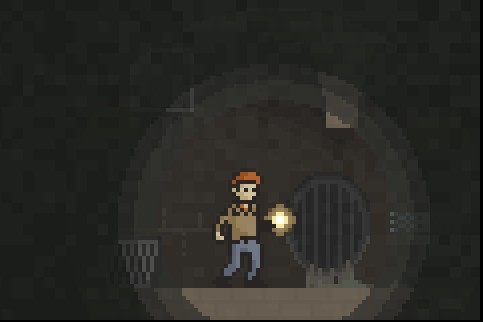
 SuperSugoiSoftStudios DevDiary #01: First Steps
SuperSugoiSoftStudios DevDiary #01: First Steps Meatballphobia
Meatballphobia DevDiary #5: Putting ideas into practice
DevDiary #5: Putting ideas into practice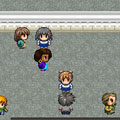 Mainichi and social perspective
Mainichi and social perspective Dec 18th, Ghosts (Enid’s diary entry 42)
Dec 18th, Ghosts (Enid’s diary entry 42)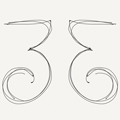 Dec 25th, Party Postmortem
Dec 25th, Party Postmortem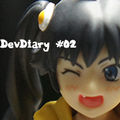 SuperSugoiSoftStudios DevDiary #02: Building the Storyline
SuperSugoiSoftStudios DevDiary #02: Building the Storyline